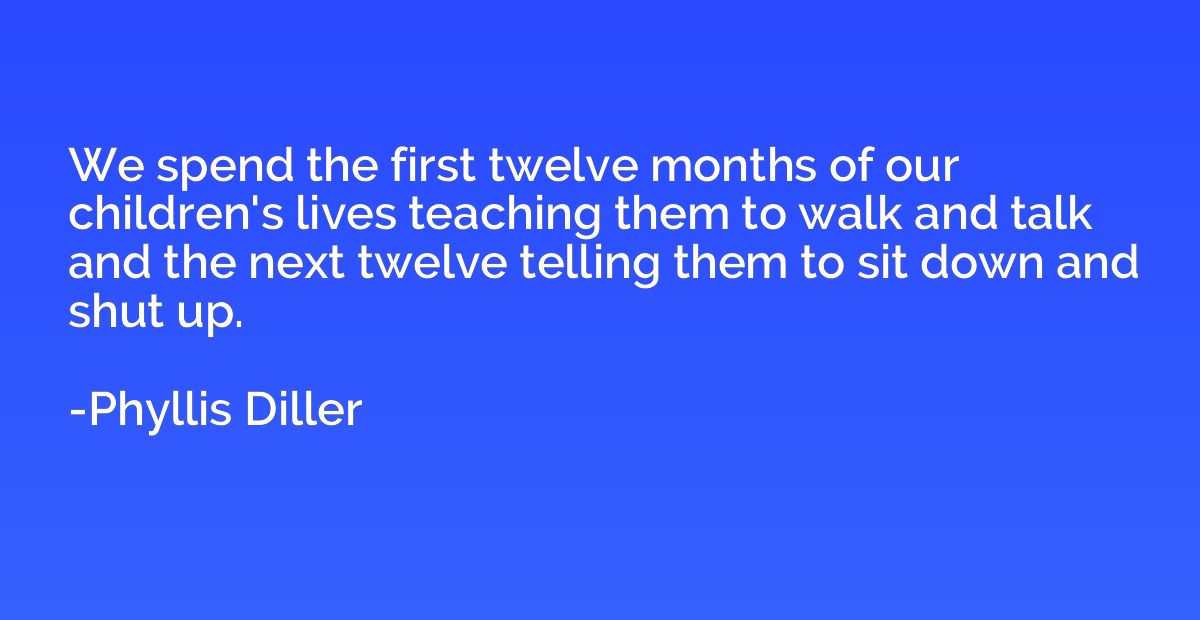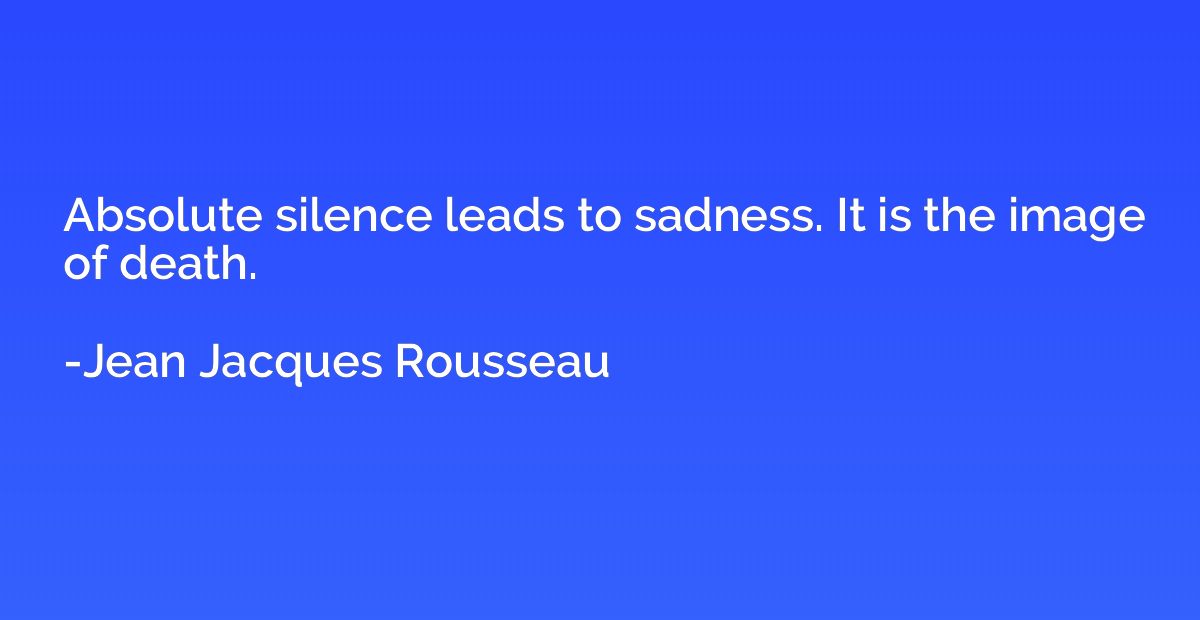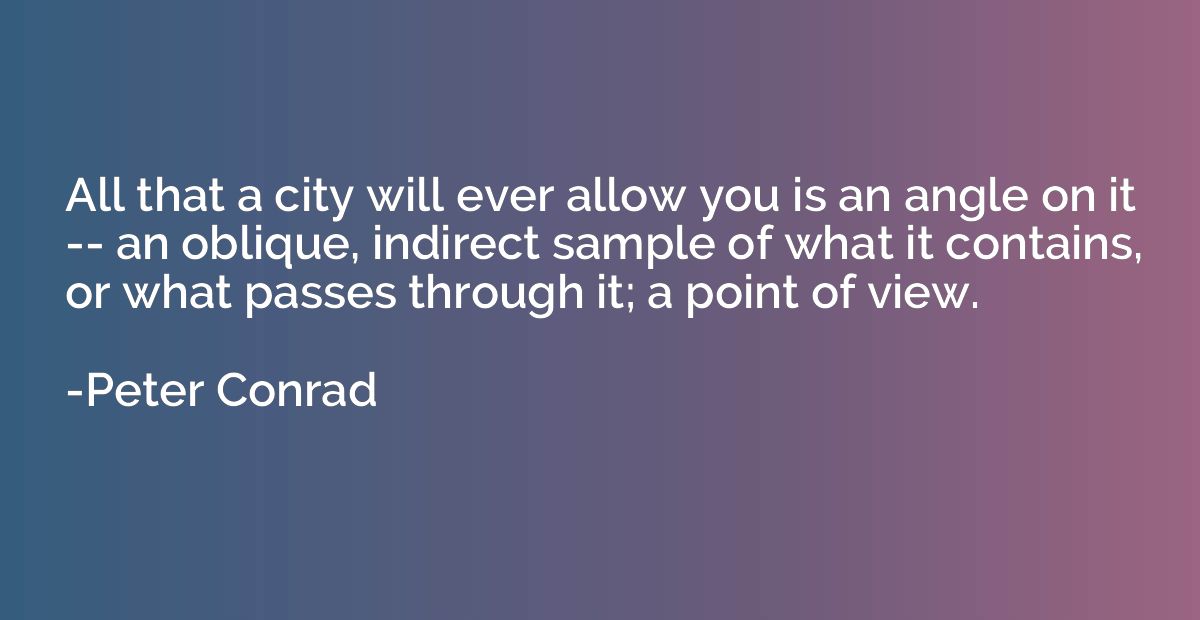Quote by Phyllis Diller
We spend the first twelve months of our children's lives teaching them to walk and talk and the next twelve telling them to sit down and shut up.

Summary
This quote humorously points out the contradictory nature of parenthood. In the early stages, parents are actively encouraging and supporting their children's developmental milestones like walking and talking. However, as the years go by, there is often a shift where parents are then urging their children to be quiet and sit still, possibly to conform to societal norms or in certain situations. It highlights the paradoxical journey of parenting where initially fostering growth and independence, and later attempting to instill discipline and restraint.














